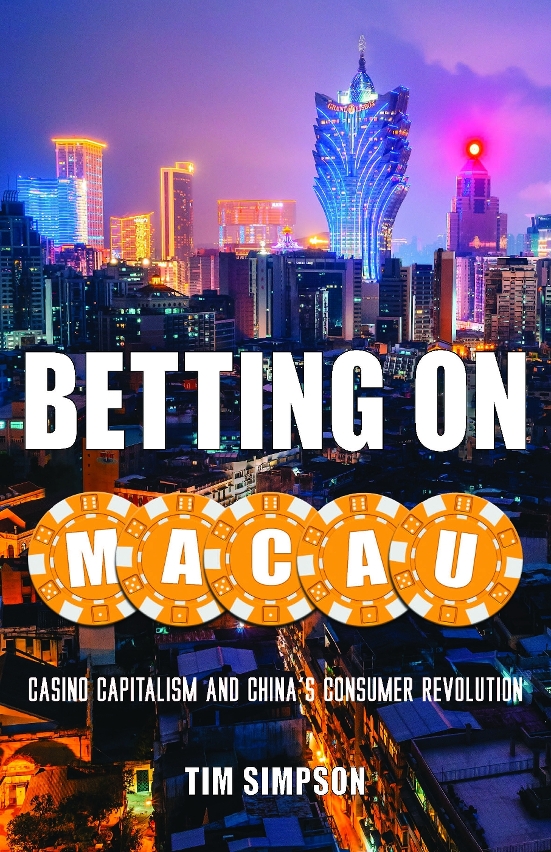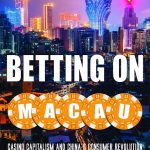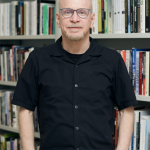 Betting on Macau: Casino Capitalism and China’s Consumer Revolution
Betting on Macau: Casino Capitalism and China’s Consumer Revolution
Tim Simpson, associate professor in the Department of Communication of the University of Macau (UM) Faculty of Social Sciences, has published a new book Betting on Macau: Casino Capitalism and China’s Consumer Revolution with the University of Minnesota Press. The book explores Macao’s recent transformation into the world’s most lucrative site of casino gaming and the city’s formative role in China’s own metamorphosis into the largest consumer society on the planet.
Prof Simpson’s book focuses on the past two decades of Macao’s social and economic development, during which the city became one of the world’s wealthiest territories. However, he locates his study of contemporary Macao within the city’s half a millennium of history as a Portuguese territory, and its crucial role in the emergence of global capitalism in the 16th century. This allows readers to understand Macao’s recent re-emergence on the global stage as a continuation of the city’s early economic function.
Much of the book analyses Macao’s new cityscape of massive integrated megaresorts with fantastical themed environments, including two of the largest buildings in the world. Prof Simpson also explores the pedagogical role of this built environment in the development of China’s tourism industry.
Prof Simpson has lived and worked in Macao since 2001, providing him with a unique perspective on the city’s dramatic changes. Engaging with the fields of social theory, urban studies, and economic history, the book uncovers the roots of Macao’s indigenous mode of gambling capitalism, and in turn provides a distinctive view of China’s broader project of urbanisation, the country’s economic reforms, and the rise of its consumer culture.



